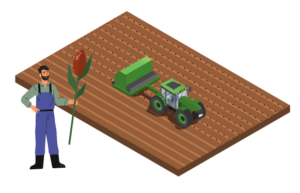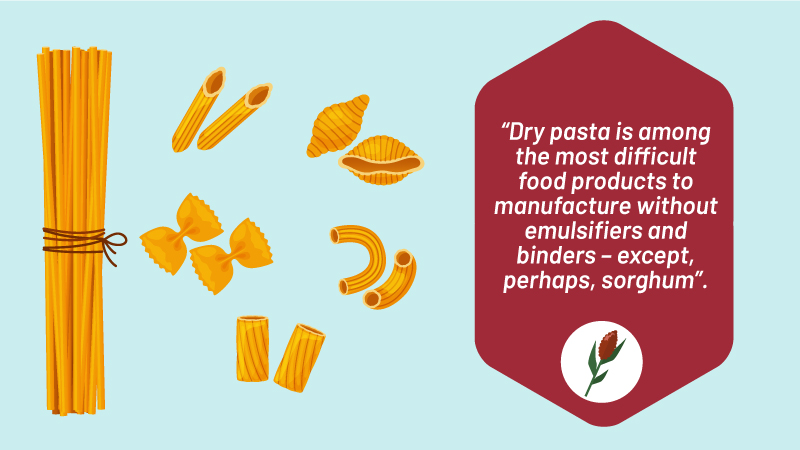A Swiss Project Takes Interest in Sorghum “from Field to Plate”


Launched this year for a period of three years, the Risorgo Swiss project is aimed at studying around fifteen sorghum varieties, in order to document all production and processing stages of sorghum-based food, both in technical and economic terms. Monia Caramma, a sustainable food researcher and partner to the programme, told us more about it.

The first sorghum plantings took place this spring in Tessin, the southern part of Switzerland – a region with a mild climate, similar to that of northern Italy. “About fifteen sorghum varieties have been retained for this three-year research programme”, sustainable food researcher Monia Caramma explains. “The varieties come from major international seed producers: Advanta, Lidea, KWS, RAGT, and Venturoli. Four of these varieties will be planted on a farmer’s land, on an area of one hectare; the other ones will be planted on smaller plots. This will allow us to study the agronomic aspects around the crops, calculate their production costs, and fine-tune the production process, as our final aim is to provide specific answers to the farmers who are still hesitant about growing sorghum.”
Remove Factors that Hamper Processing
And that’s not all. Together with the local agrifood industry, the crops that will be harvested off the designated plots will be dried, dehulled, jellified, ground, and turned into pulp. “Because the aim of the project is not only to bring out the agronomic and nutritional benefits of these sorghum varieties, but also fine-tune their processing. The aim is to be able to produce pasta and open the way to other food products such as biscuits, plant-based beverages, snacks and so on”, she specified. “Two stages often prove limiting: fatty acid degradation and jellifying. Removing these obstacles would enable us to better « seduce » agrifood businesses. We will treat the harvested crops just as we would if we were in a food R&D department. No datum shall be ignored.” The project is intended not only as a feasibility demonstration to farmers, but also as an invitation to the agrifood industry to become interested in sorghum. “In the first year, we will produce dry pasta, to measure the elasticity of jellified sorghum”, she continues. “As banal as it may seem, dry pasta is among the most difficult to manufacture without emulsifiers and binders. Our objective is to process 100 percent of the sorghum plant without using any additives”.

A Multi-partner Project
“The Risorgo project was born out of an initiative I launched with Agroscope, the Swiss federal government centre of expertise for agronomic research, as well as with Agridea, an independent Swiss agriculture expertise centre”, Monia Caramma specifies. “We requested and obtained funding for our project as a result of a bidding organised by the FOAG (the Swiss Federal Office for Agriculture). Sorghum ID will assist us with calculating production costs.”
Continue ?
About Sorghum Liquor – with Moderation

One Word for Sorghum?















